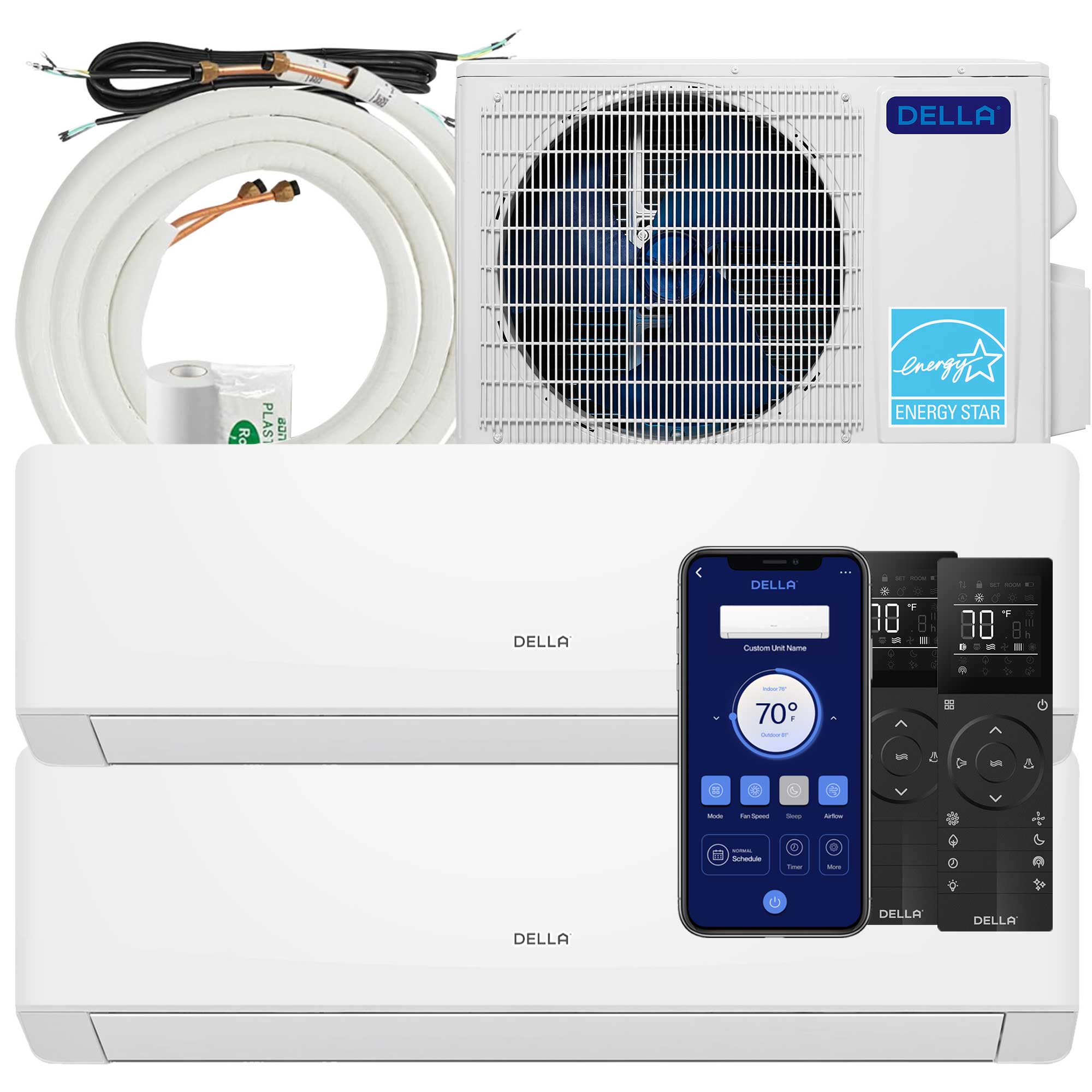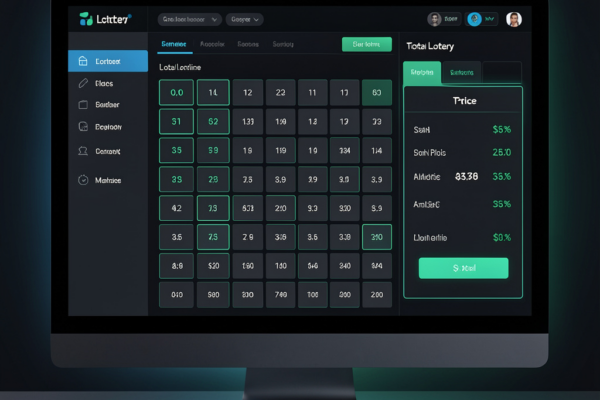Mini split HVAC systems, also known as ductless mini split hvac, are popular for their energy efficiency, zoned comfort, and quiet operation. However, like any heating and cooling system, they can experience problems over time. Understanding common issues can help homeowners identify problems early, prevent damage, and maintain optimal performance.

1. Dirty or Clogged Filters
One of the most frequent issues with mini splits is dirty air filters.
-
Reduced airflow caused by clogged filters can decrease system efficiency.
-
Over time, dirty filters can strain the indoor fan motor, potentially causing premature wear.
-
Solution: Clean or replace filters regularly—typically every 1–3 months depending on usage and air quality.
2. Refrigerant Leaks or Low Refrigerant Levels
Mini splits rely on refrigerant to transfer heat. Low refrigerant can cause:
-
Reduced cooling or heating capacity.
-
Ice buildup on the indoor or outdoor coil.
-
Higher energy consumption due to inefficiency.
Detecting leaks usually requires a licensed HVAC technician, as handling refrigerant requires professional certification.
3. Sensor or Thermostat Malfunctions
Mini splits use internal sensors to maintain accurate temperatures. Common problems include:
-
Inaccurate readings causing the system to underheat or overcool.
-
Indoor units cycling on and off too frequently.
Regular inspections and recalibration by a professional can resolve sensor issues.
4. Drainage Problems
During cooling, mini splits produce condensate. Problems can arise if the drain line becomes clogged, leading to:
-
Water leaks indoors.
-
Mold growth around the indoor unit.
-
Reduced efficiency due to blocked drainage.
Homeowners should periodically inspect the drain line and clear debris to prevent blockages.
5. Frozen Coils
Ice buildup on indoor or outdoor coils can occur due to:
-
Low refrigerant levels.
-
Dirty filters or coils.
-
Poor airflow from blocked vents.
Frozen coils reduce efficiency and can damage the compressor if left unaddressed. Regular maintenance and timely professional service prevent this issue.
6. Electrical or Wiring Issues
Loose connections, corroded wiring, or power surges can cause:
-
System shutdowns or intermittent operation.
-
Indoor units not responding to the remote or thermostat.
Professional inspection and repair are recommended to prevent safety hazards and protect the system.
7. Unusual Noises
Mini splits are typically quiet, but certain noises can indicate problems:
-
Rattling or vibrating from loose parts or improper installation.
-
Hissing or bubbling, which may indicate refrigerant issues.
-
Clicking sounds when the compressor starts, often normal but worth monitoring if persistent.
Timely diagnosis by an HVAC technician can prevent minor issues from becoming major repairs.
8. Outdoor Unit Obstructions
Leaves, dirt, or snow around the outdoor condenser can reduce airflow, causing:
-
Poor heating or cooling performance.
-
Overheating or compressor stress.
Keep the area around the outdoor unit clear to maintain efficiency and prevent damage.
How to Prevent Common Mini Split Problems
-
Regular filter cleaning and indoor unit maintenance.
-
Annual professional inspections, including refrigerant checks and coil cleaning.
-
Monitor for unusual noises or leaks and address issues early.
-
Keep the outdoor unit free of debris and ensure proper airflow.
-
Follow manufacturer’s guidelines for operation and maintenance.
Conclusion: Maintaining Optimal Performance
Mini split HVAC units are reliable and efficient, but common problems like clogged filters, refrigerant leaks, sensor issues, and drainage problems can affect performance. Regular maintenance, professional inspections, and careful monitoring can prevent these issues, ensuring your system delivers quiet, efficient, and long-lasting comfort.
With proper care, mini splits can provide years of hassle-free heating and cooling, making them a valuable investment for any home.


